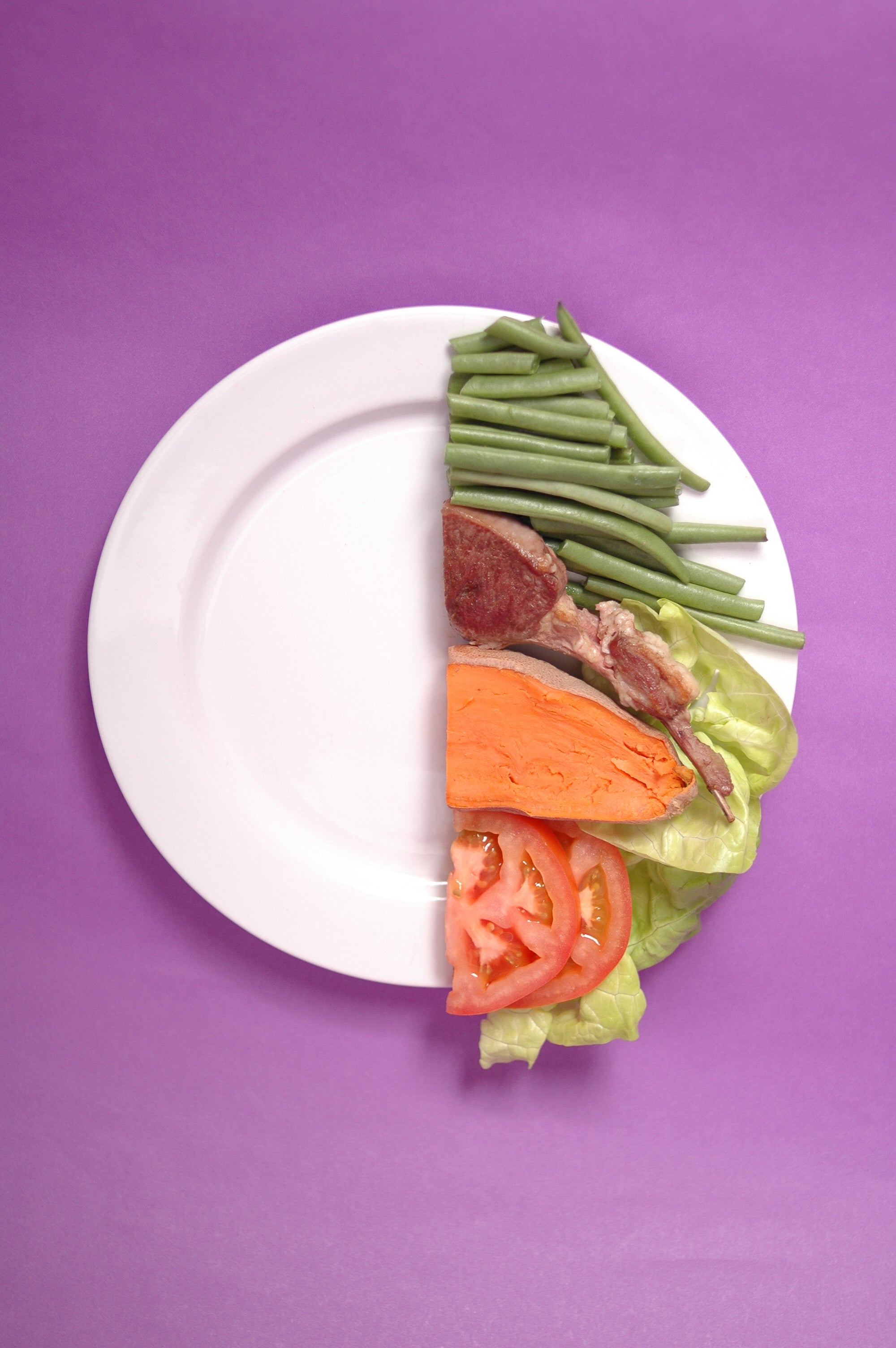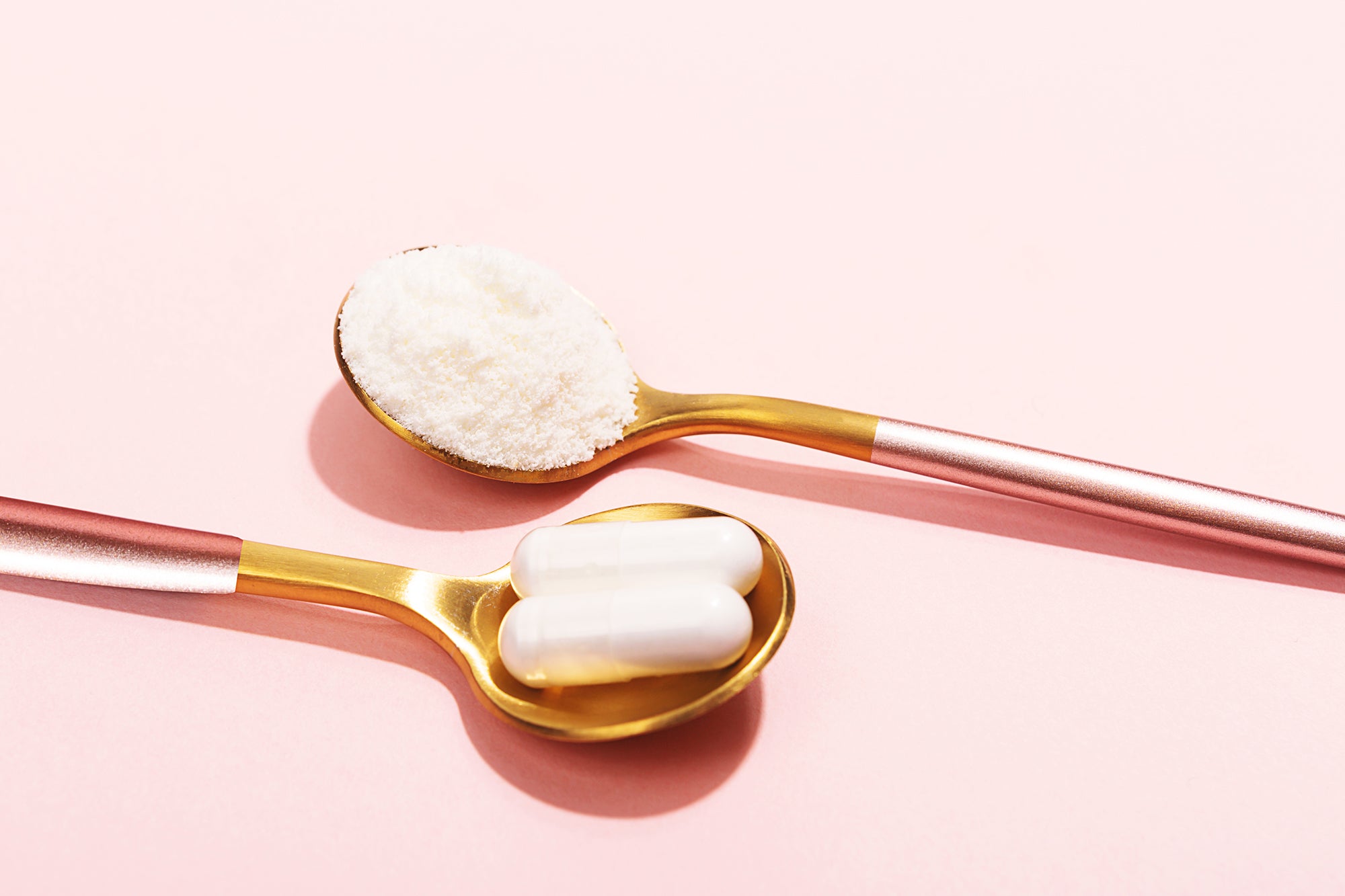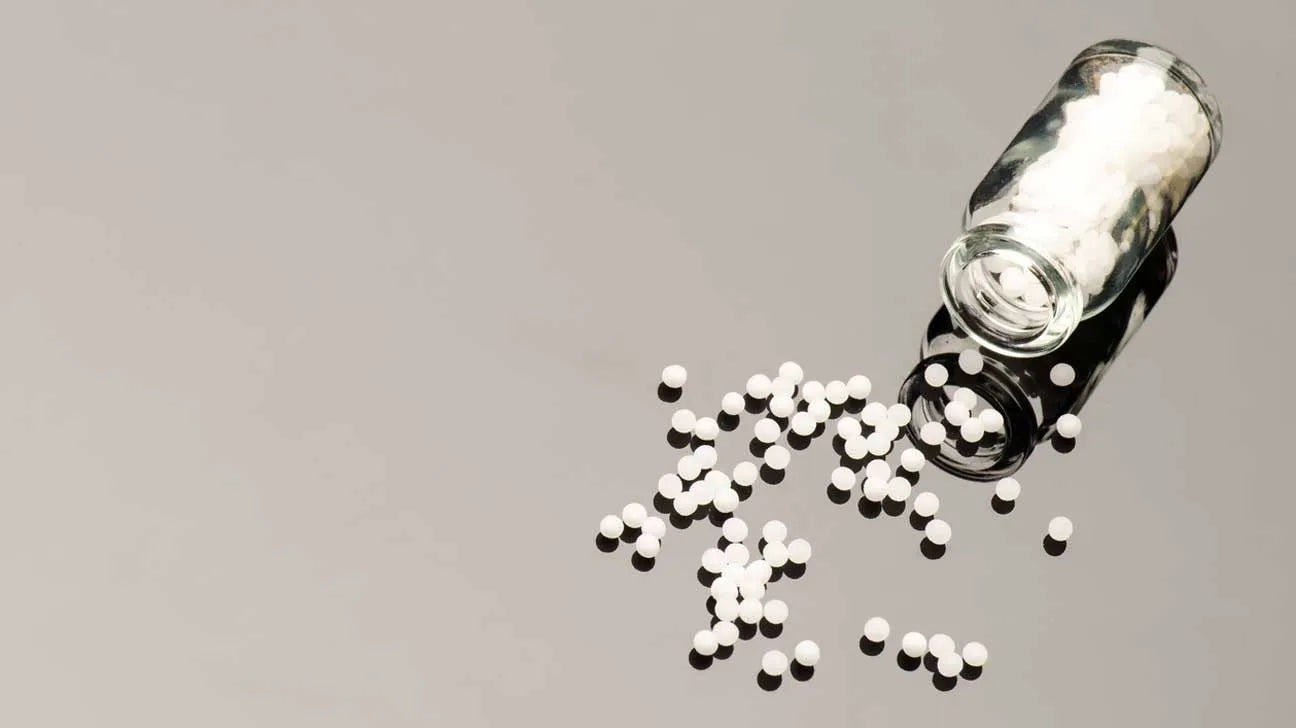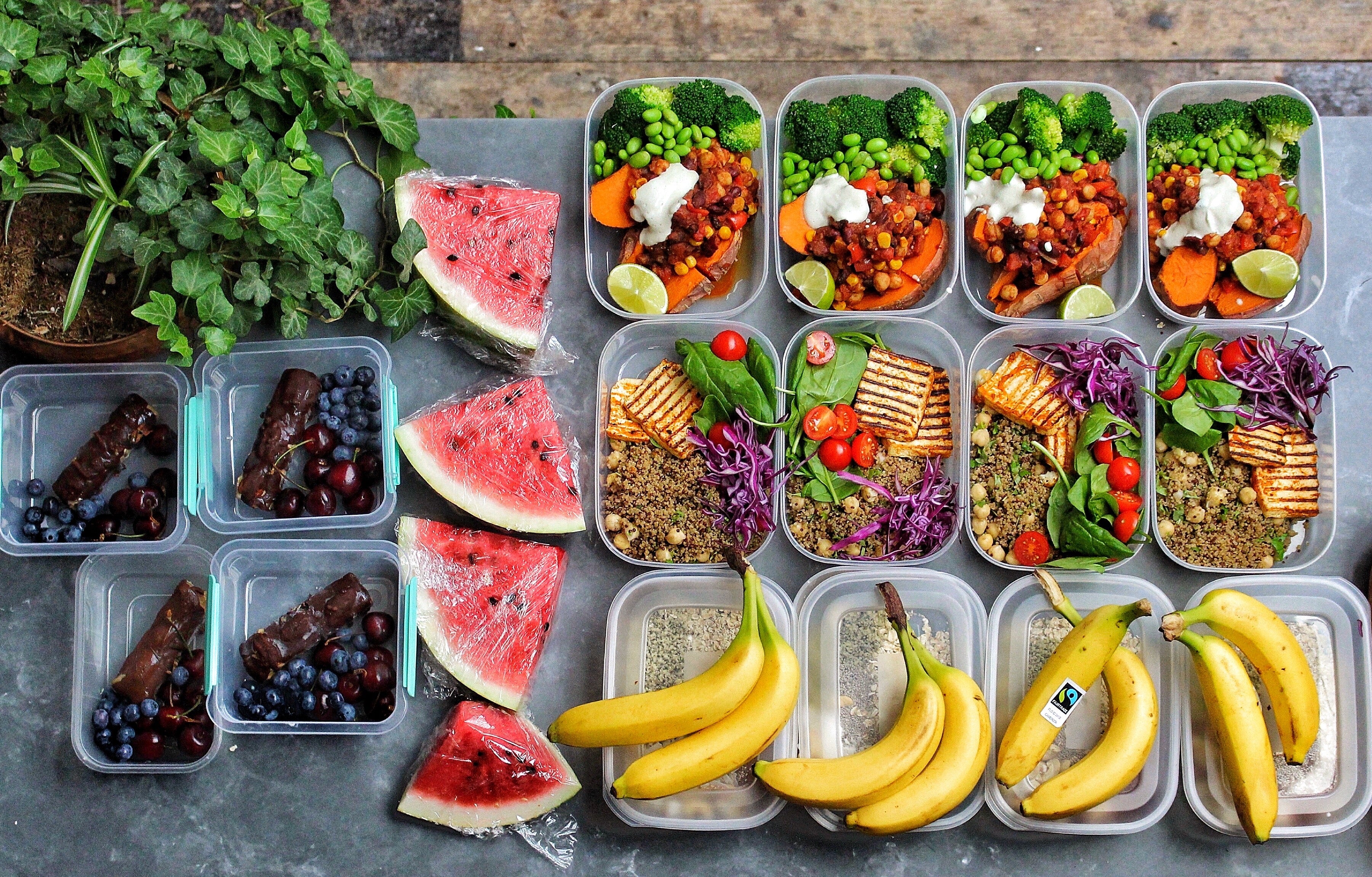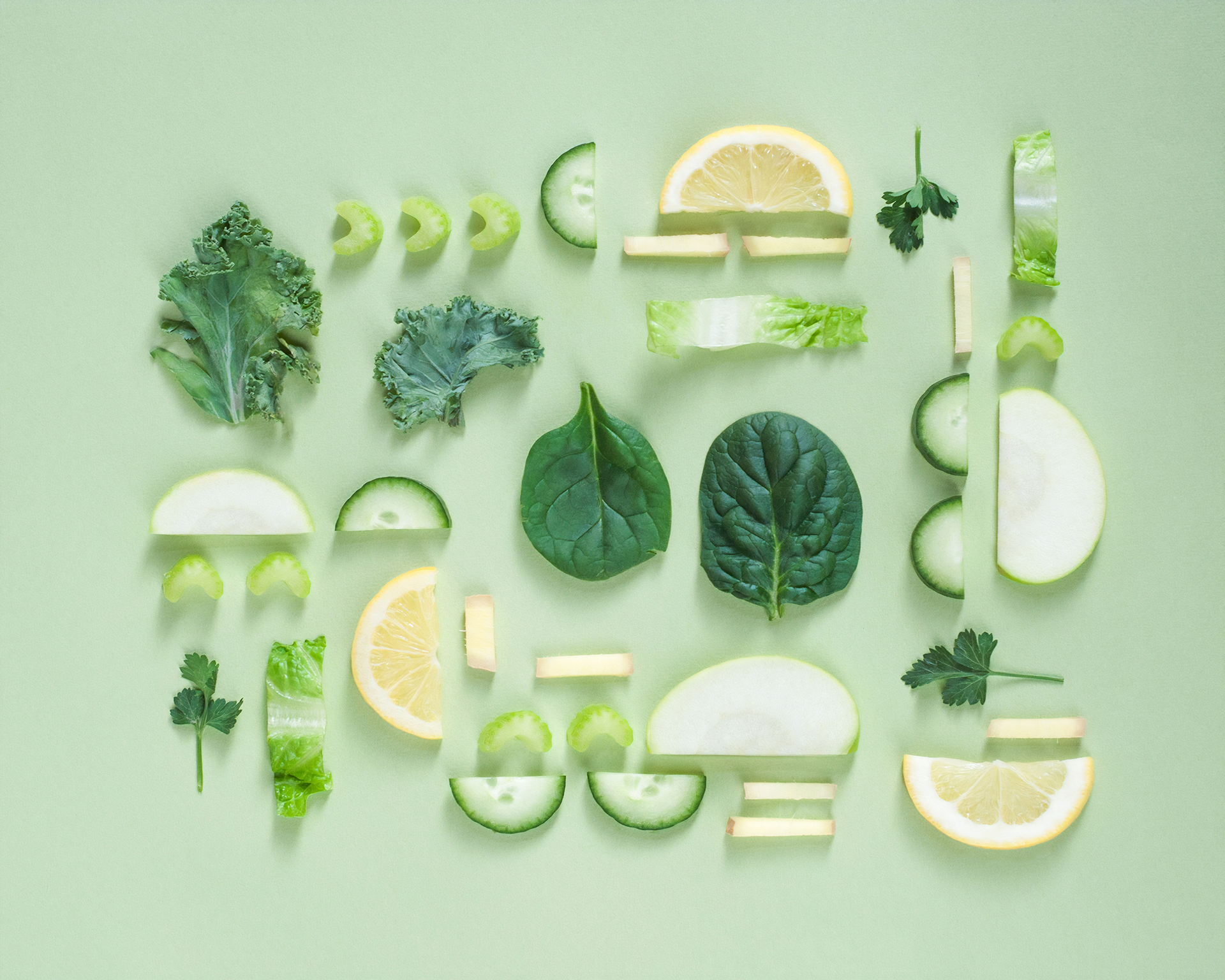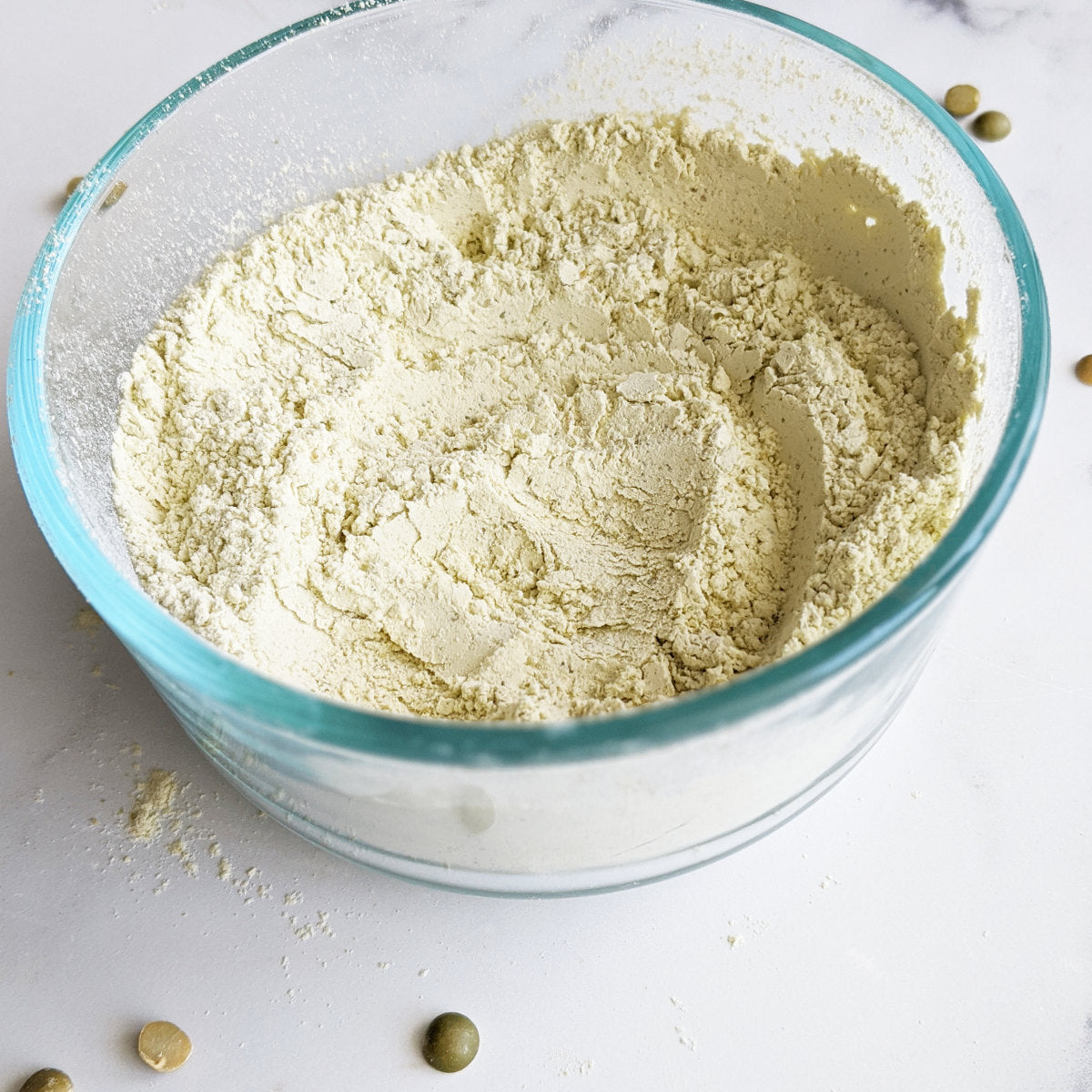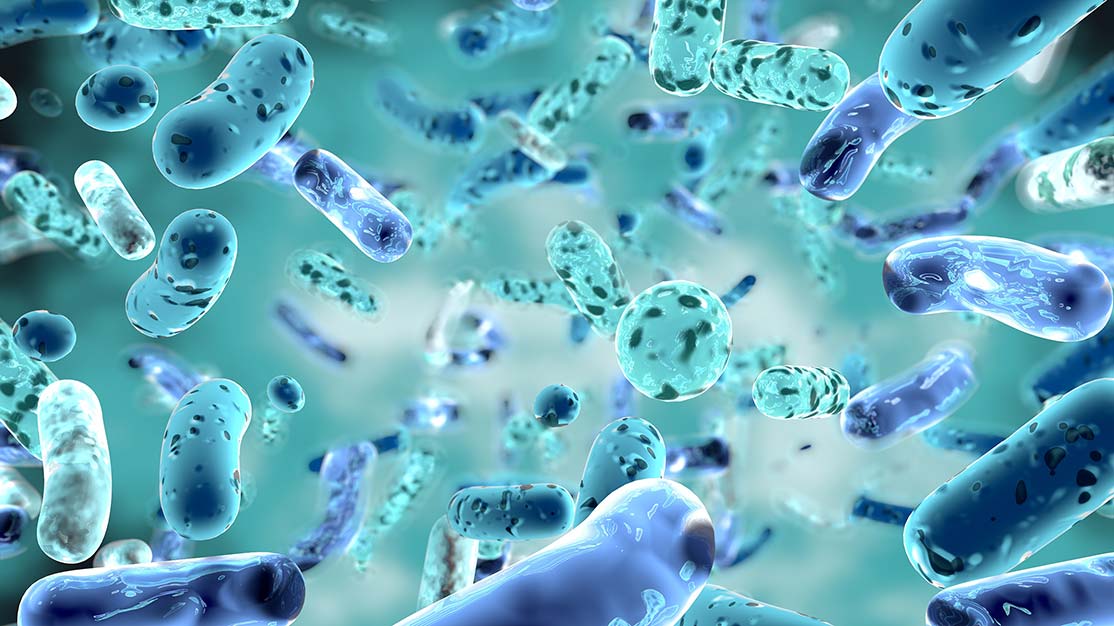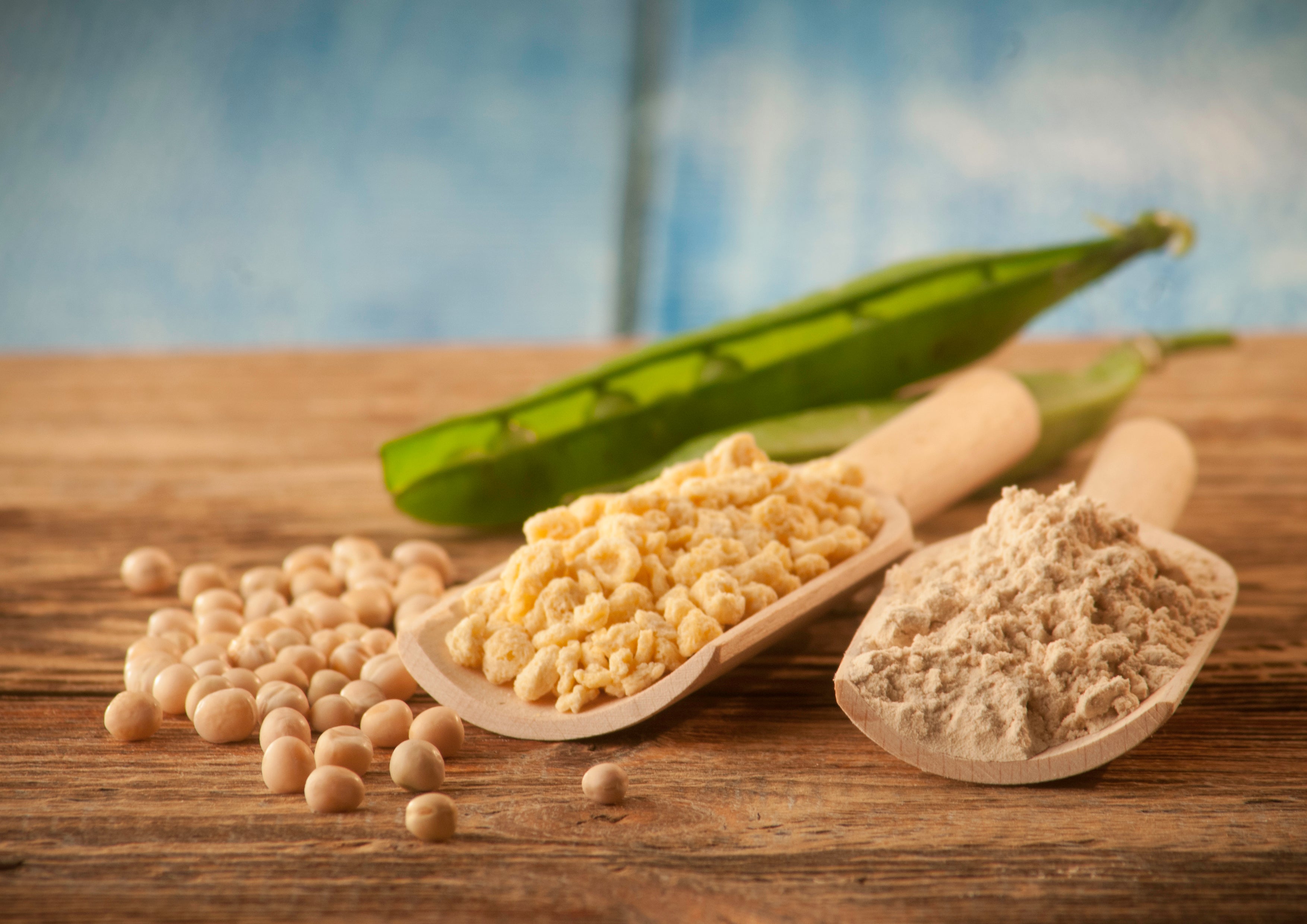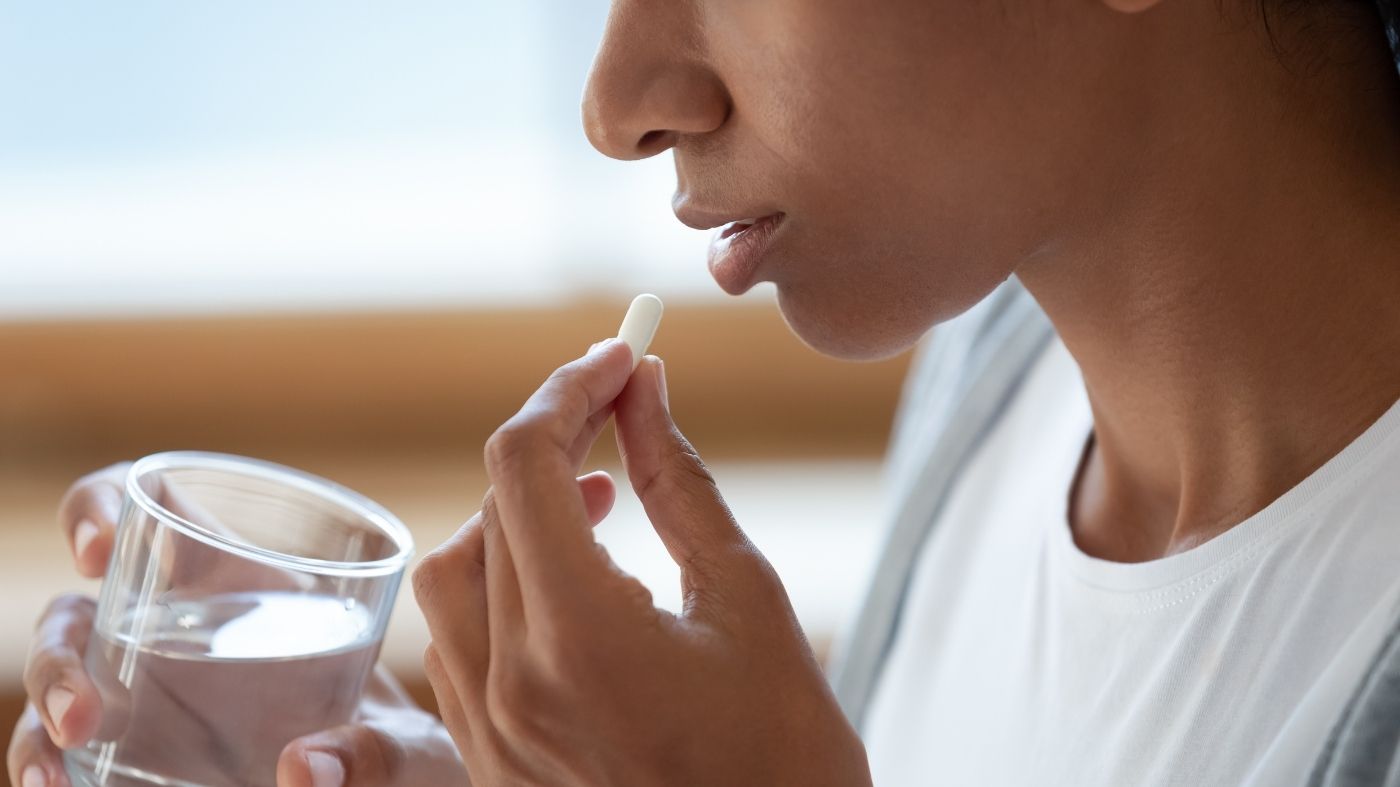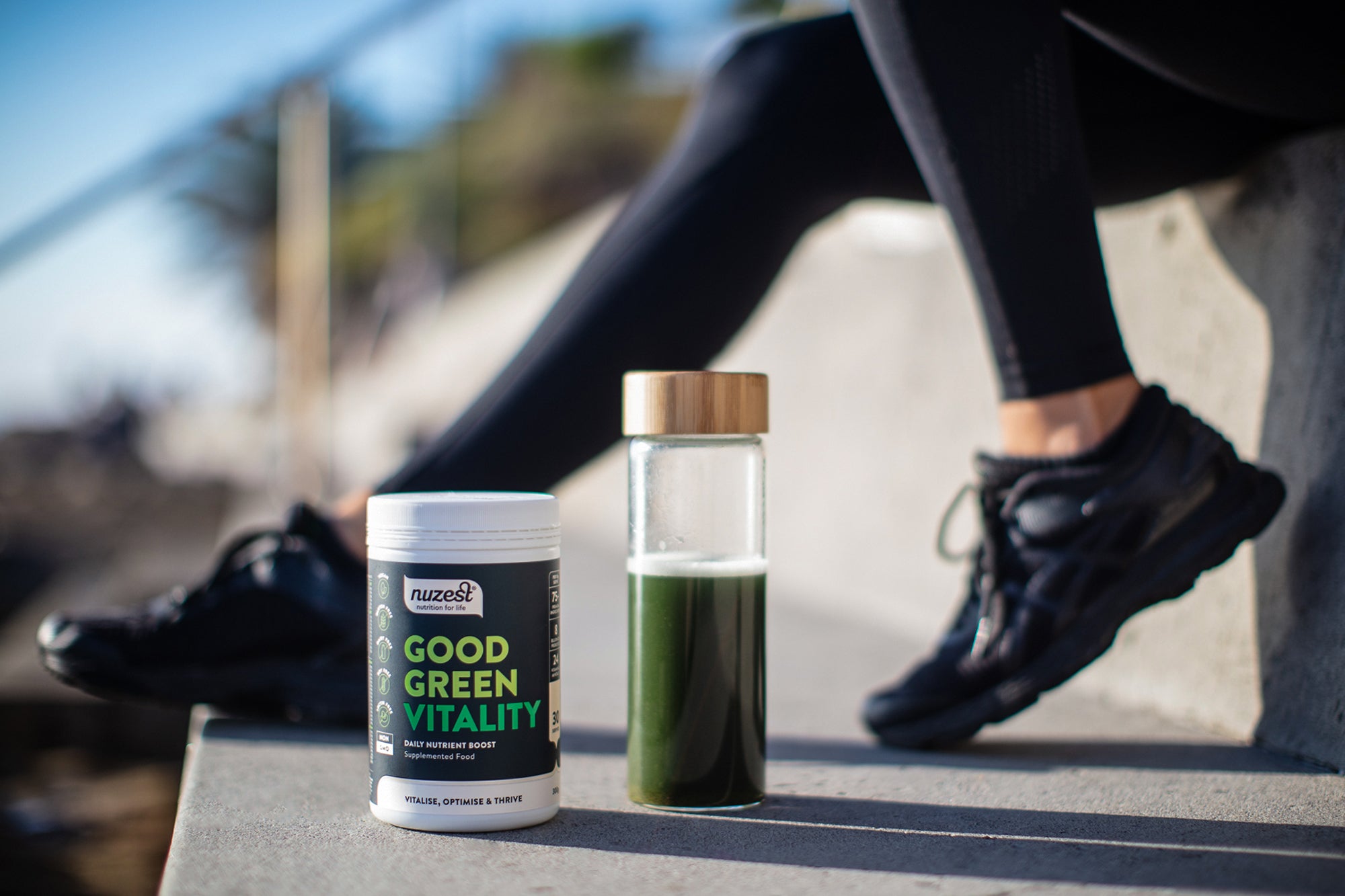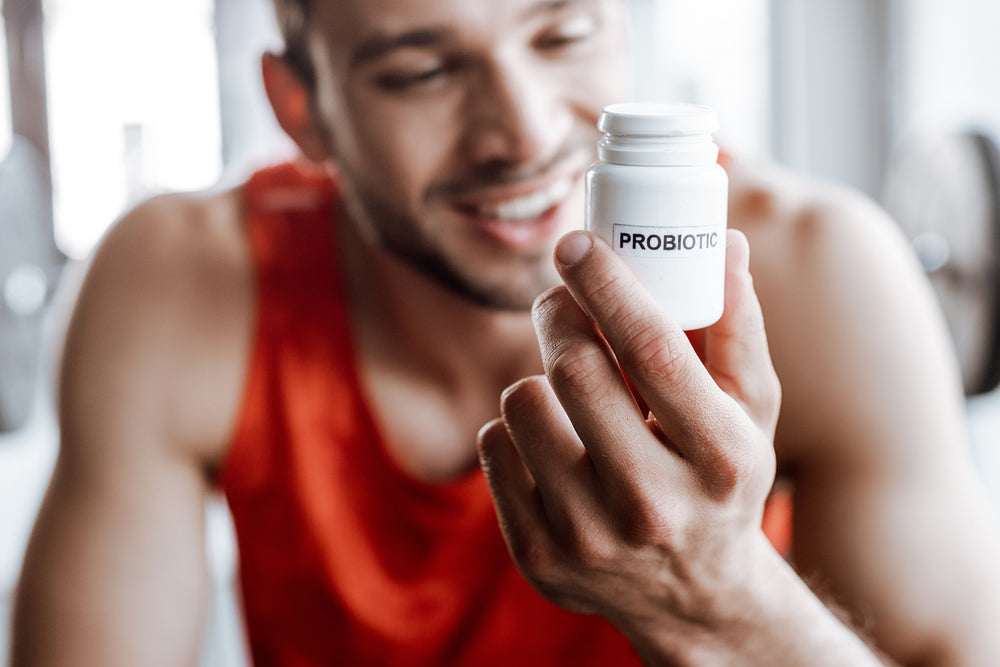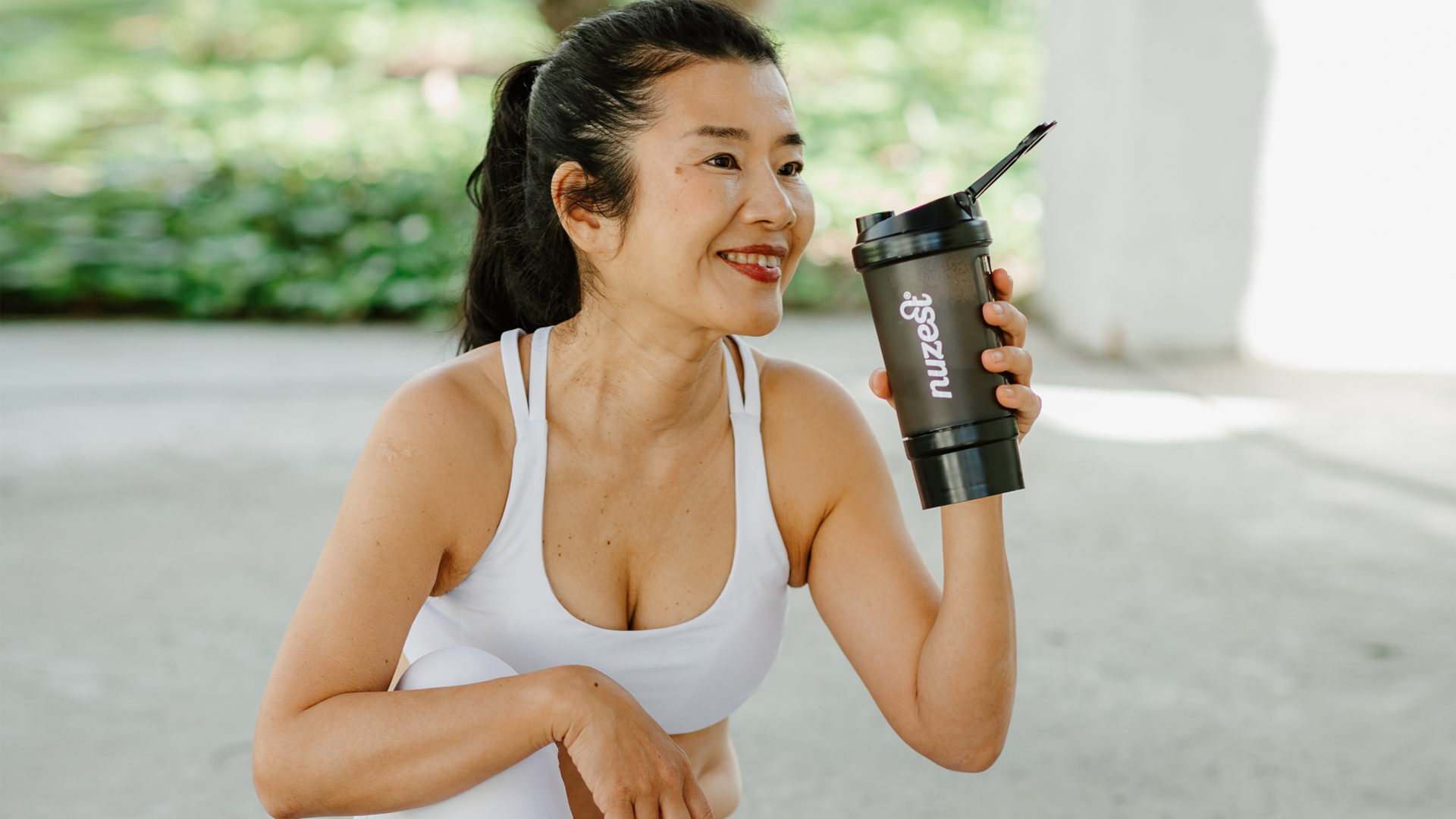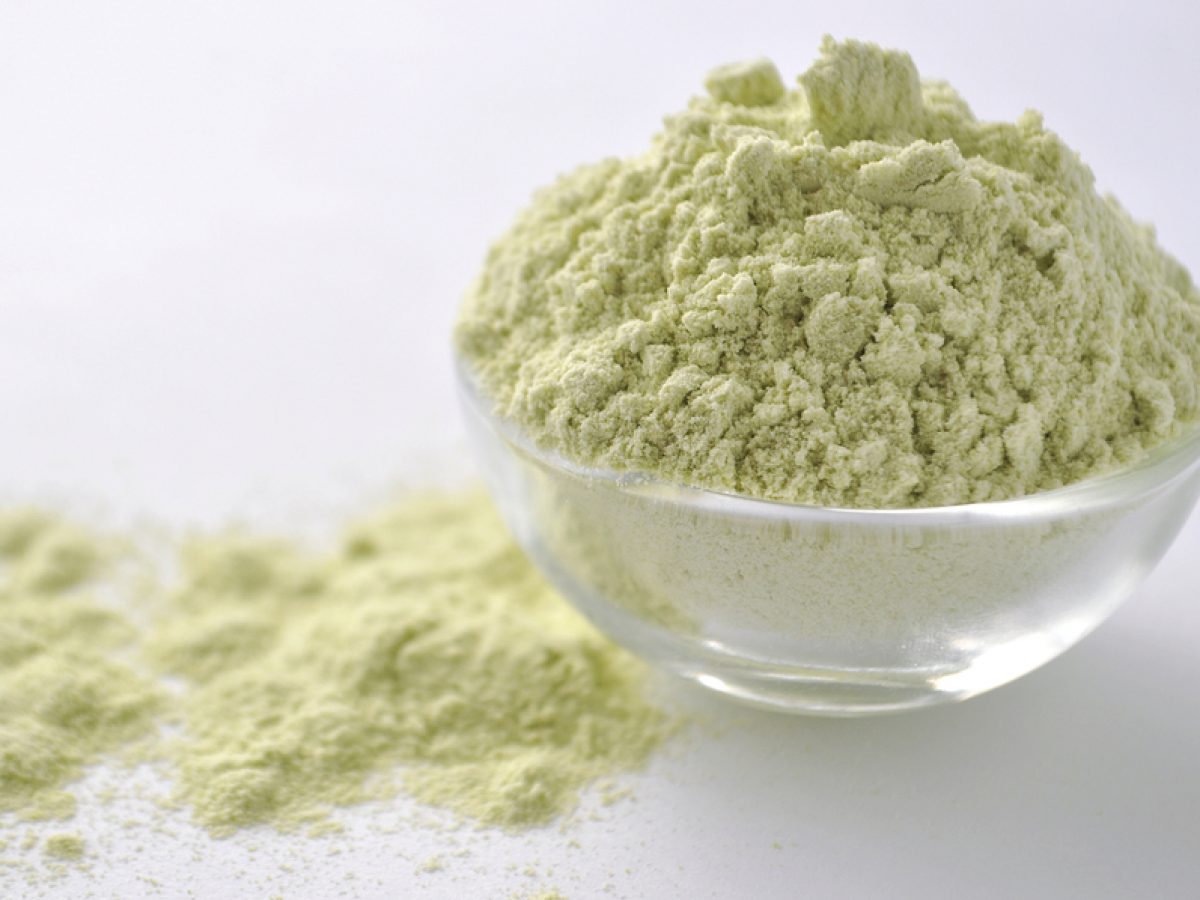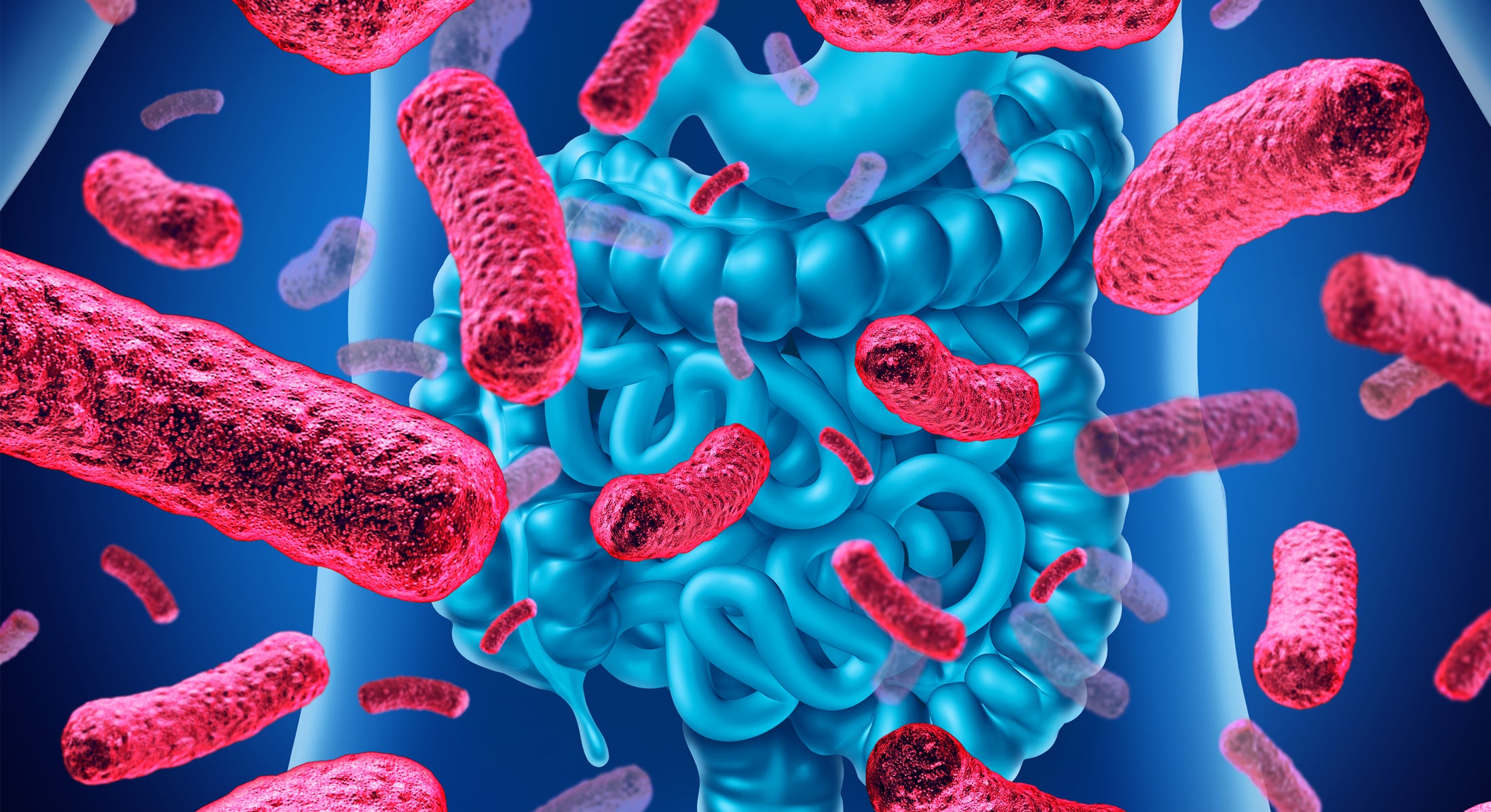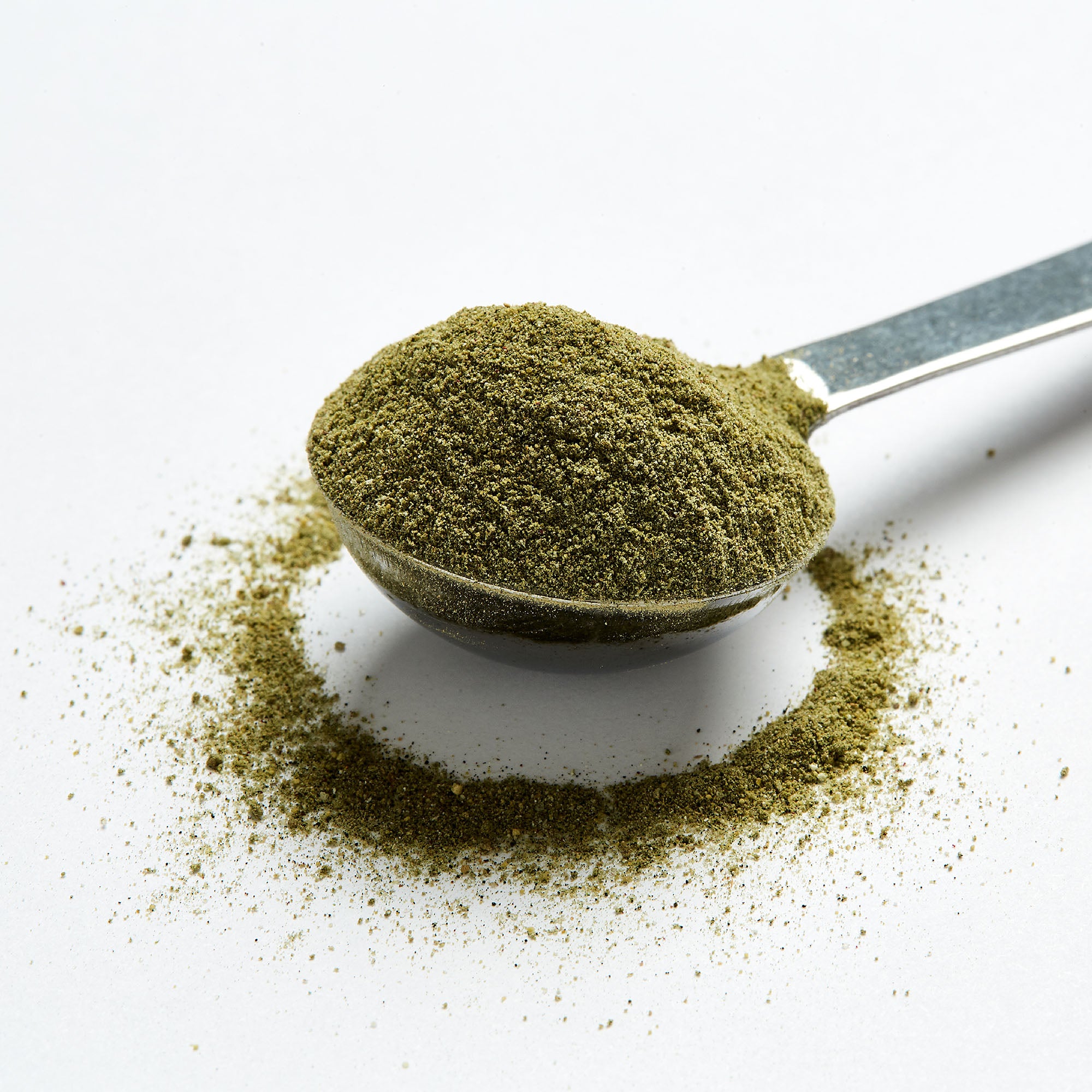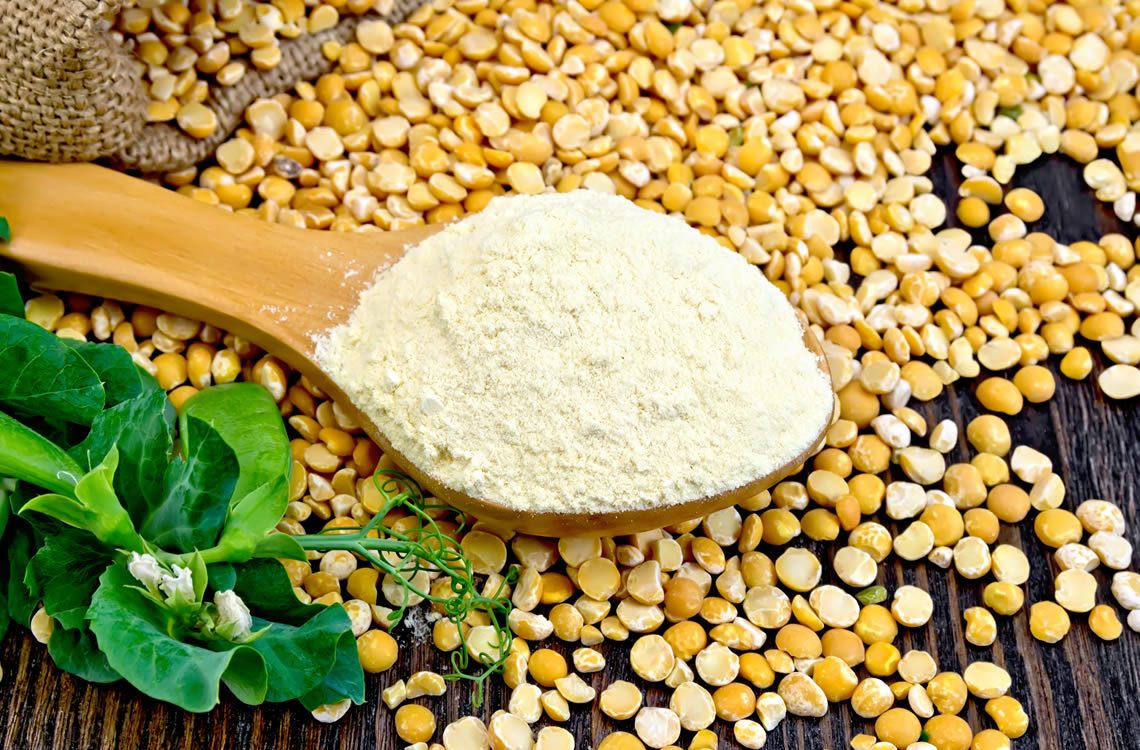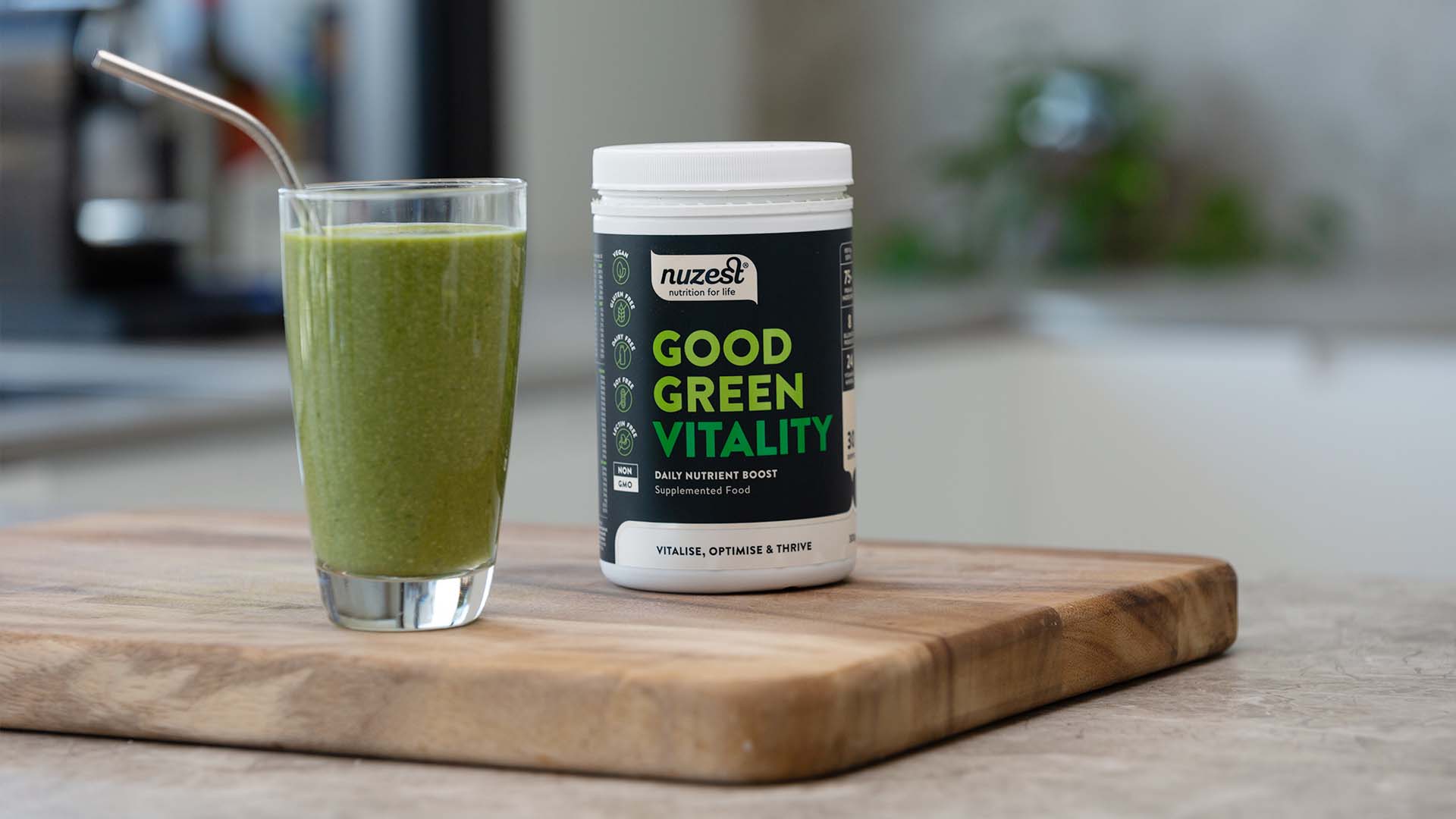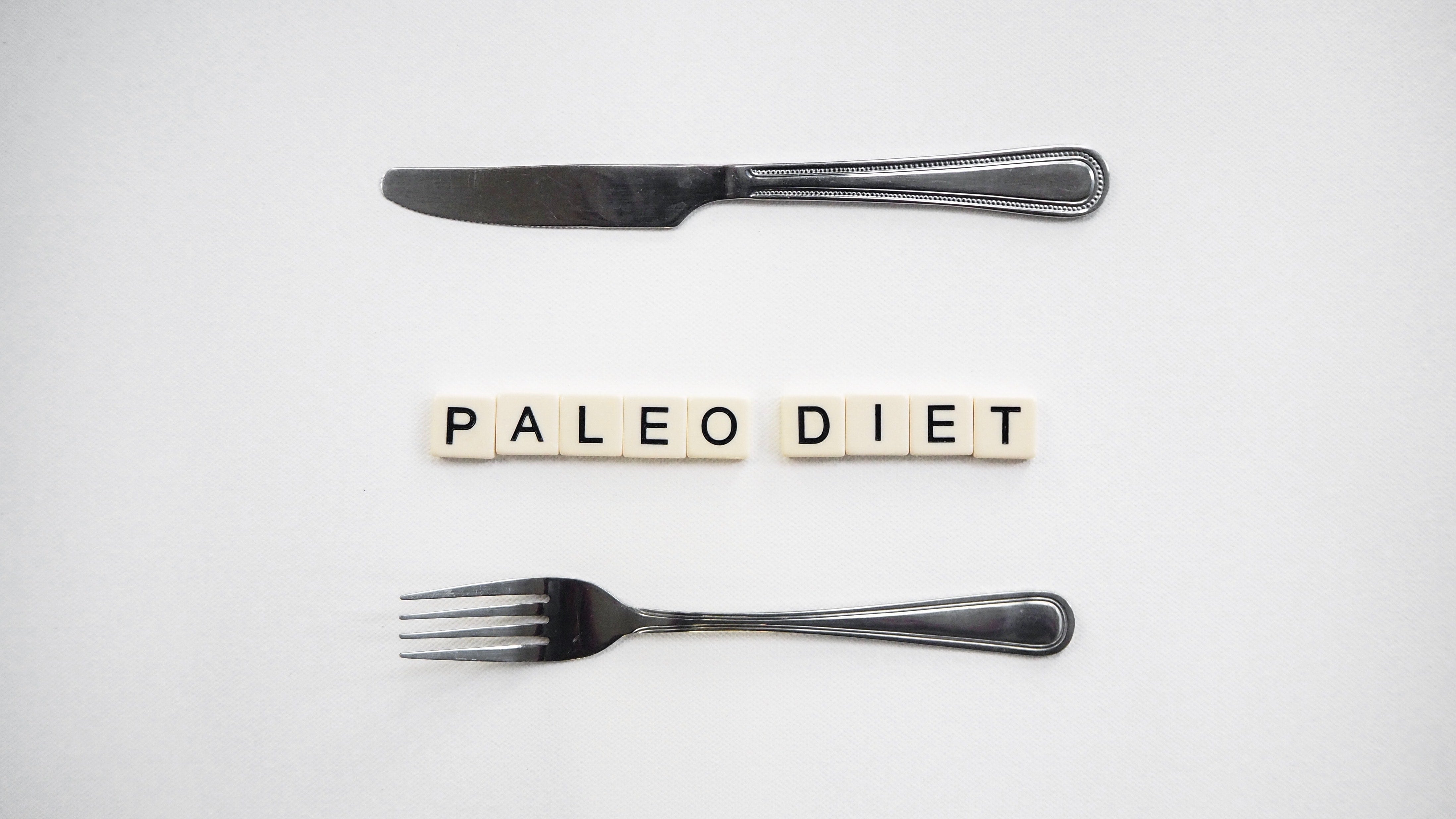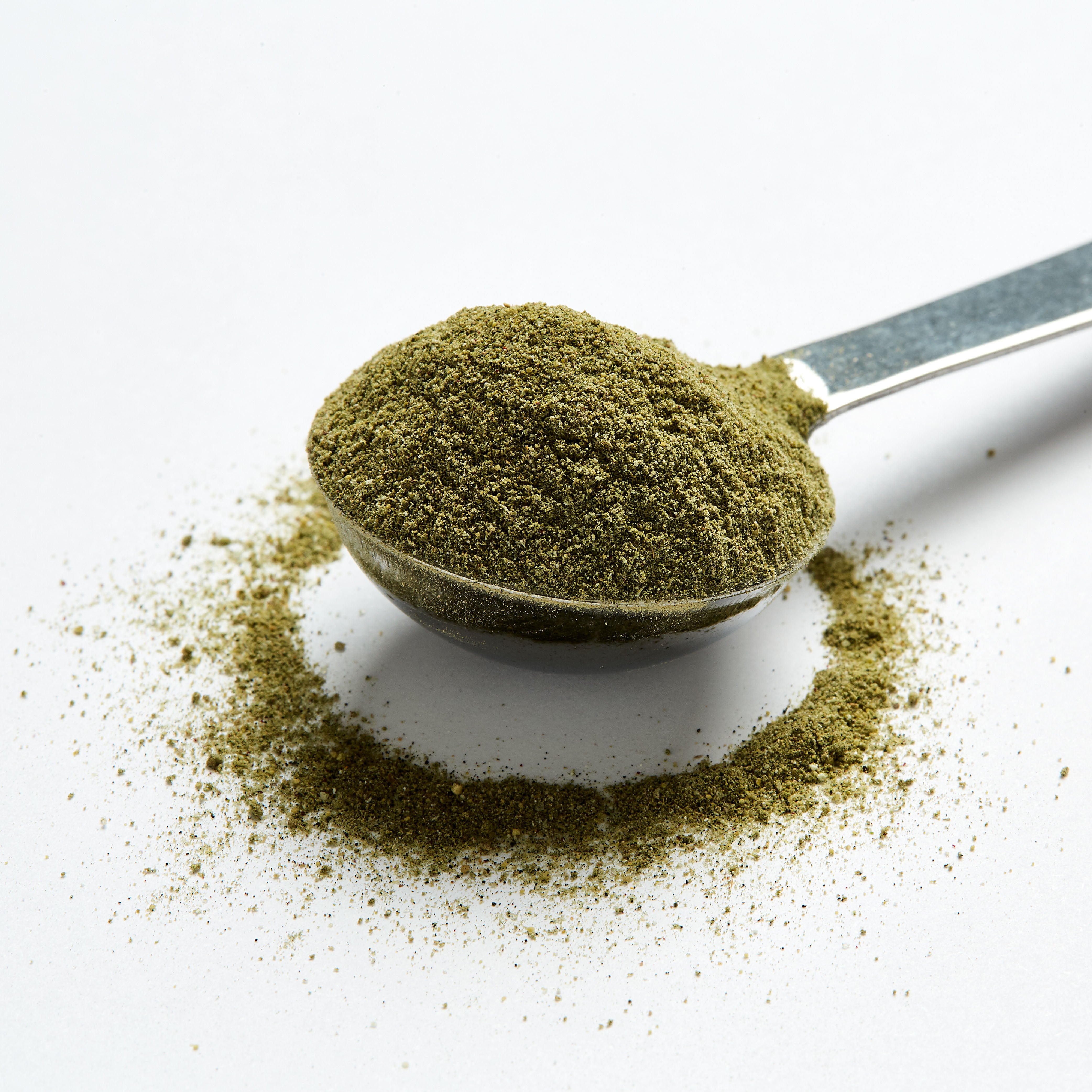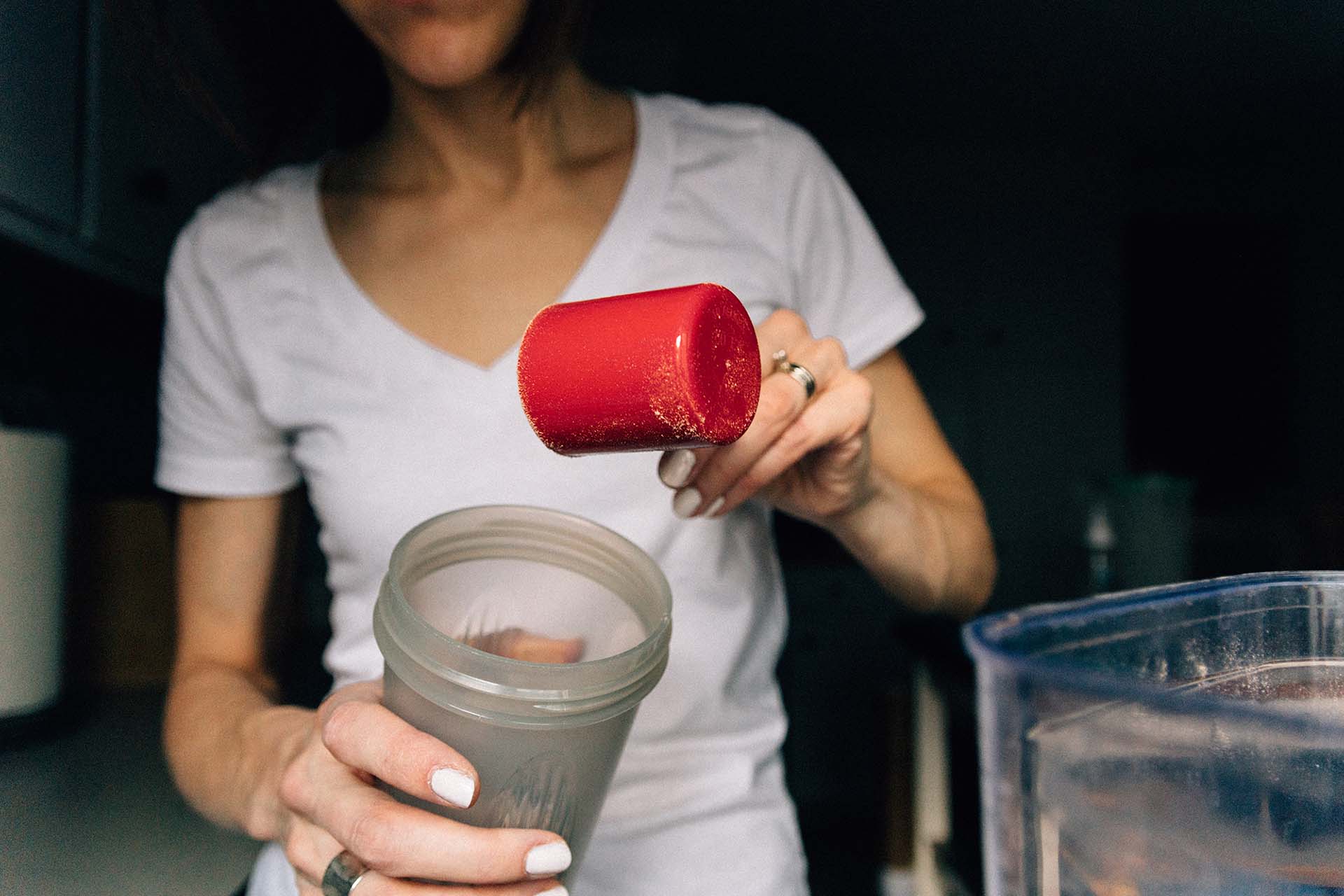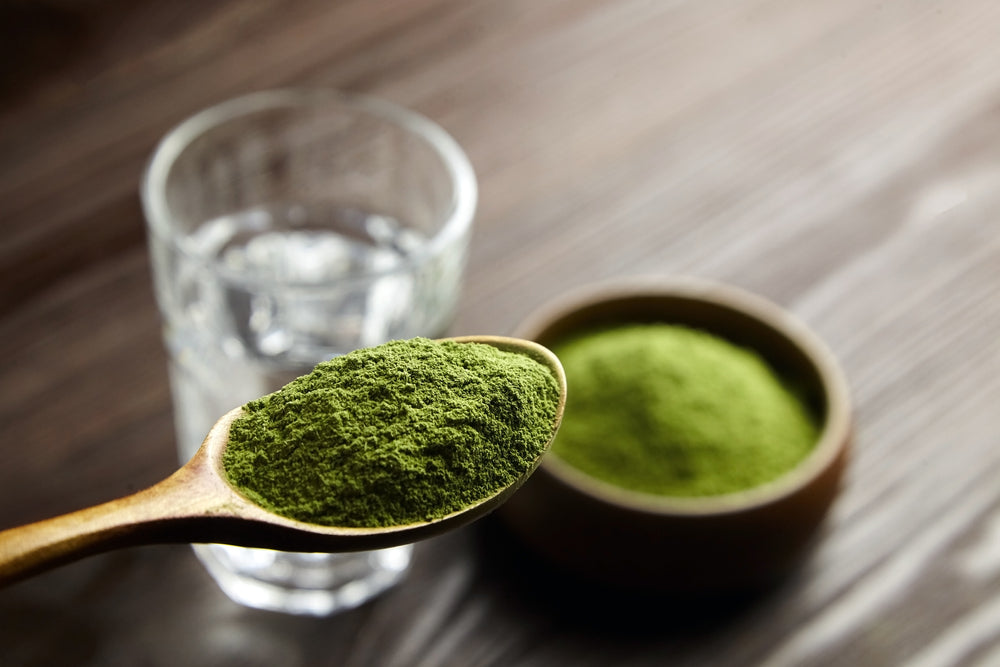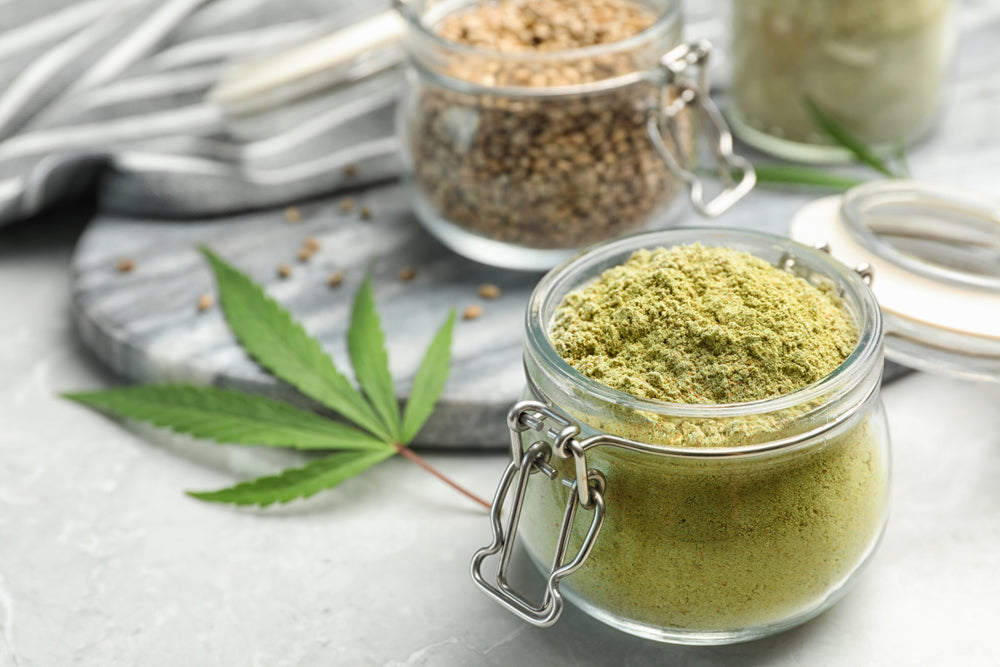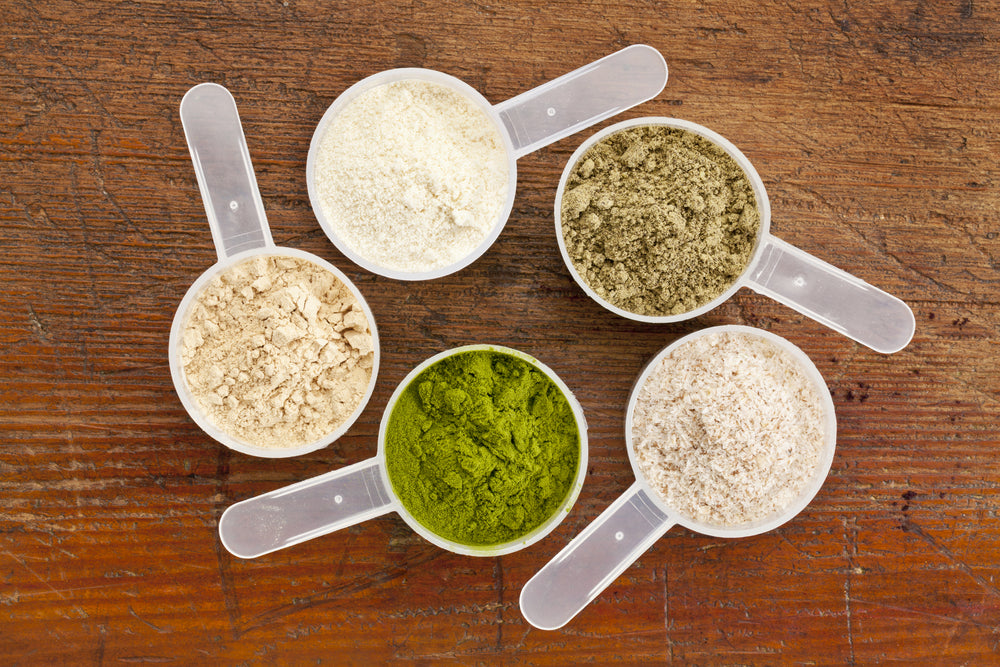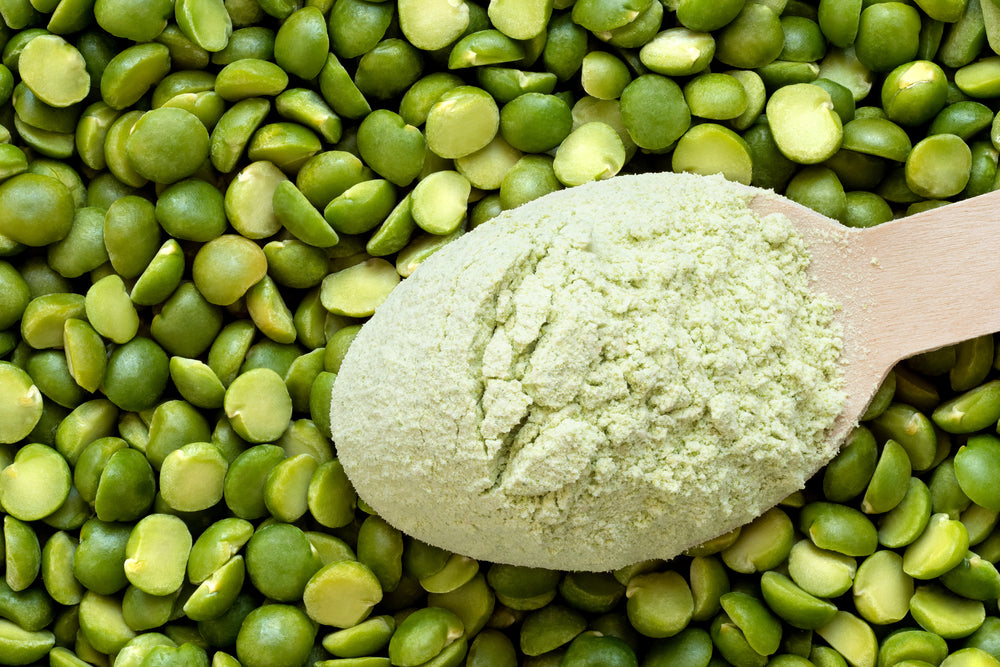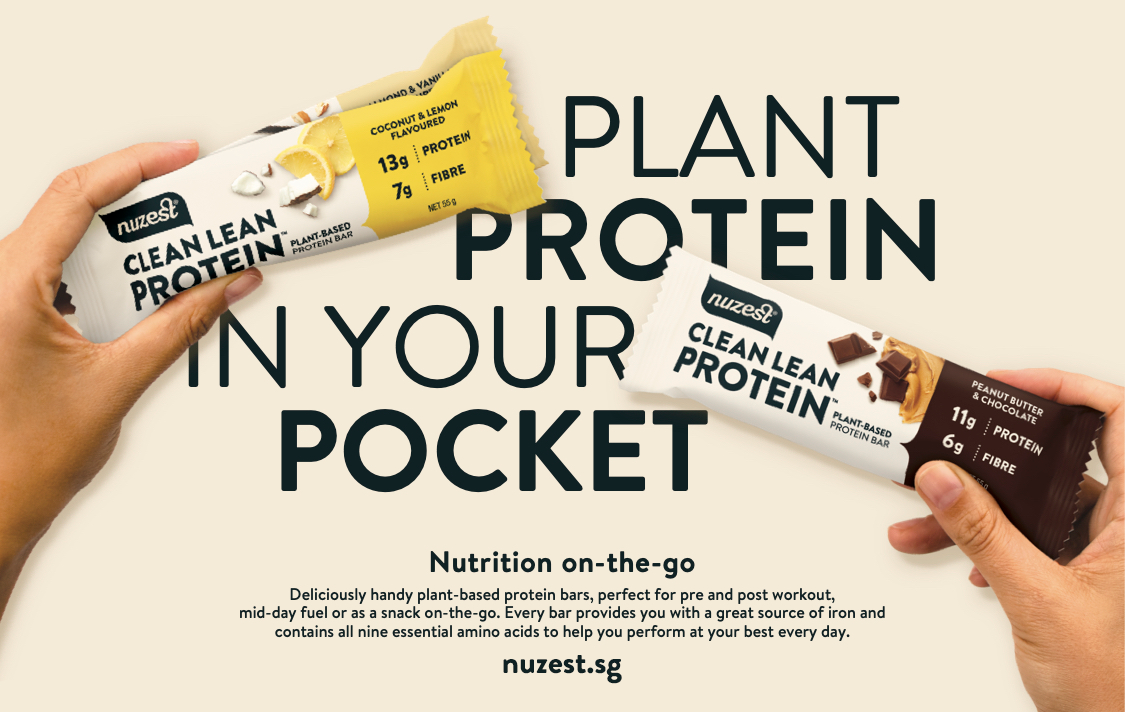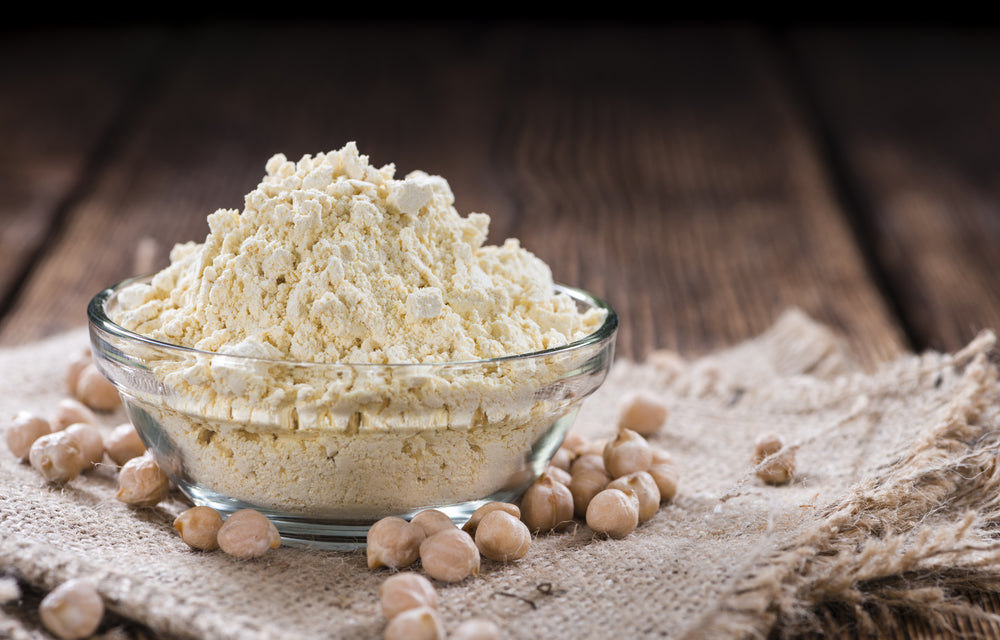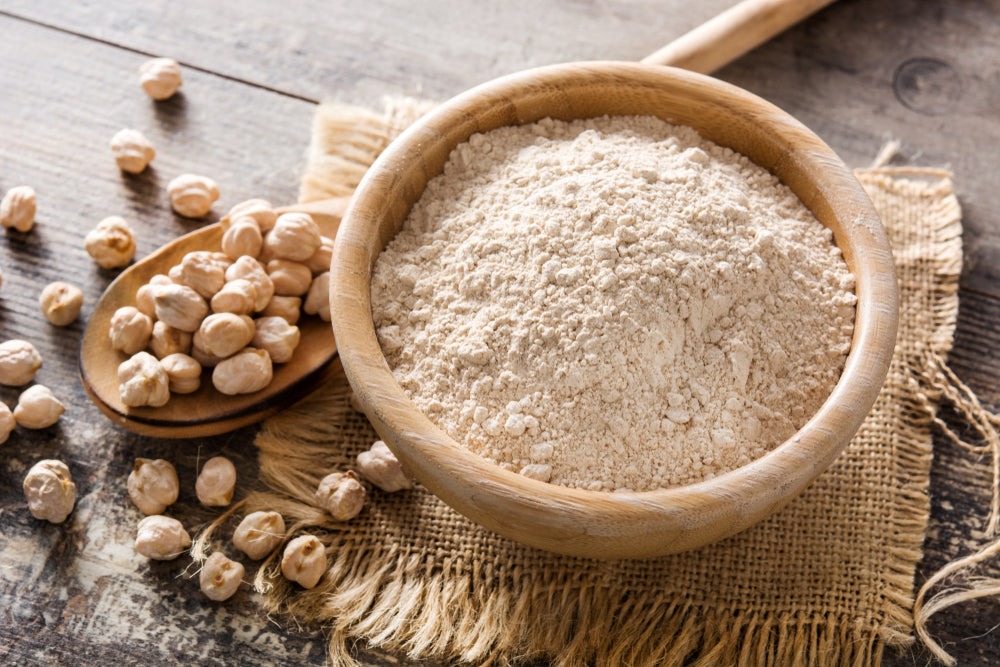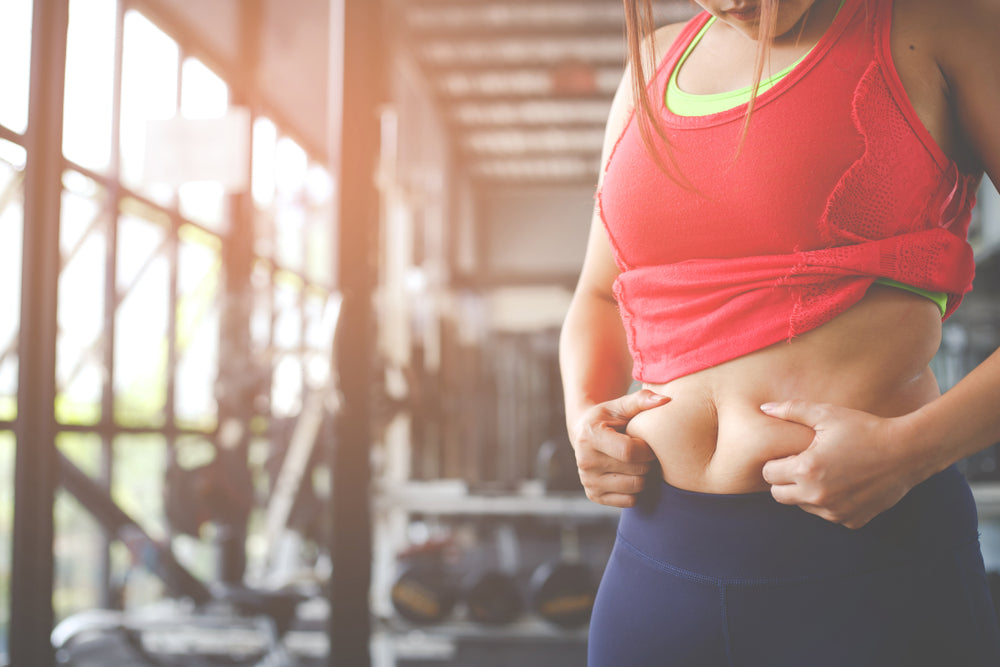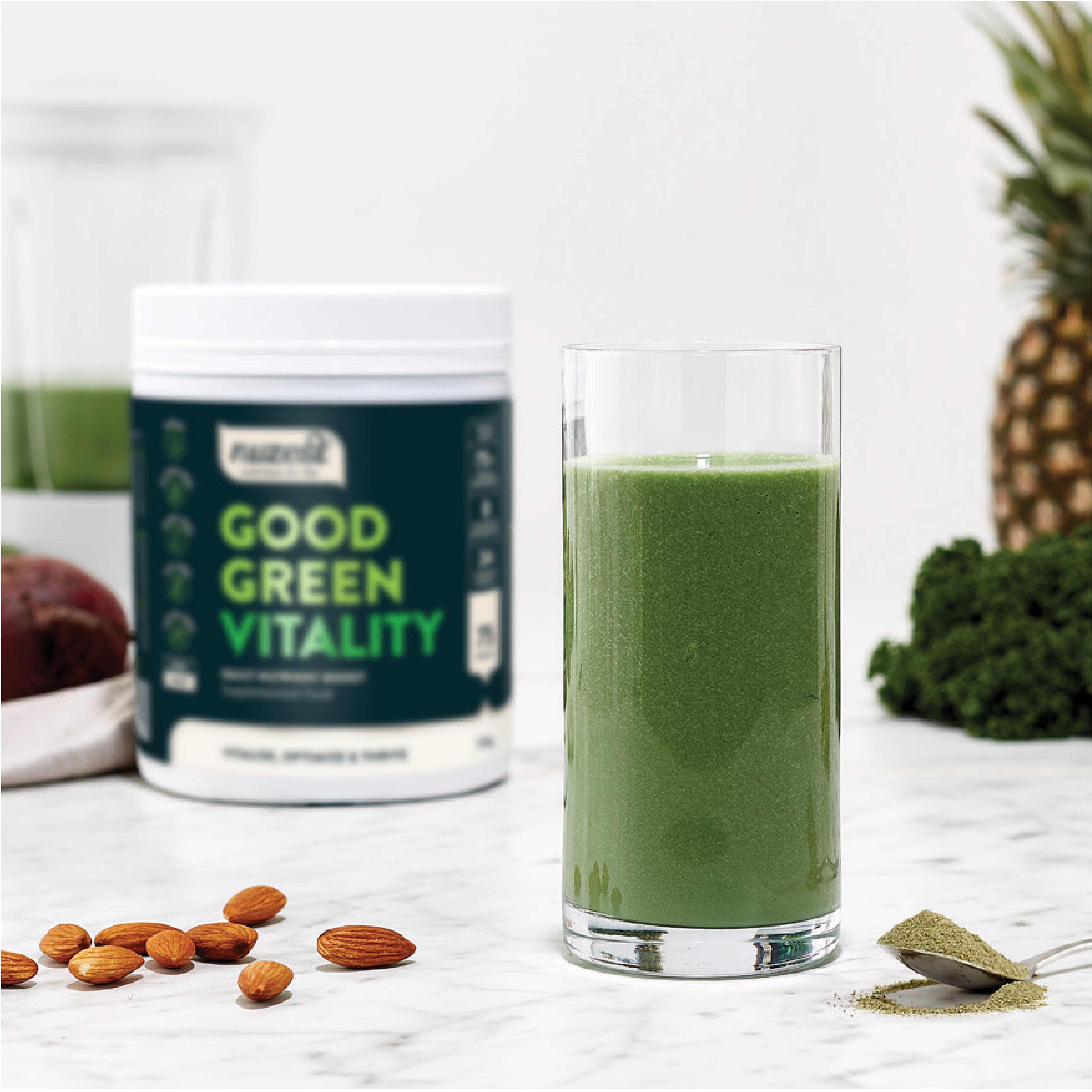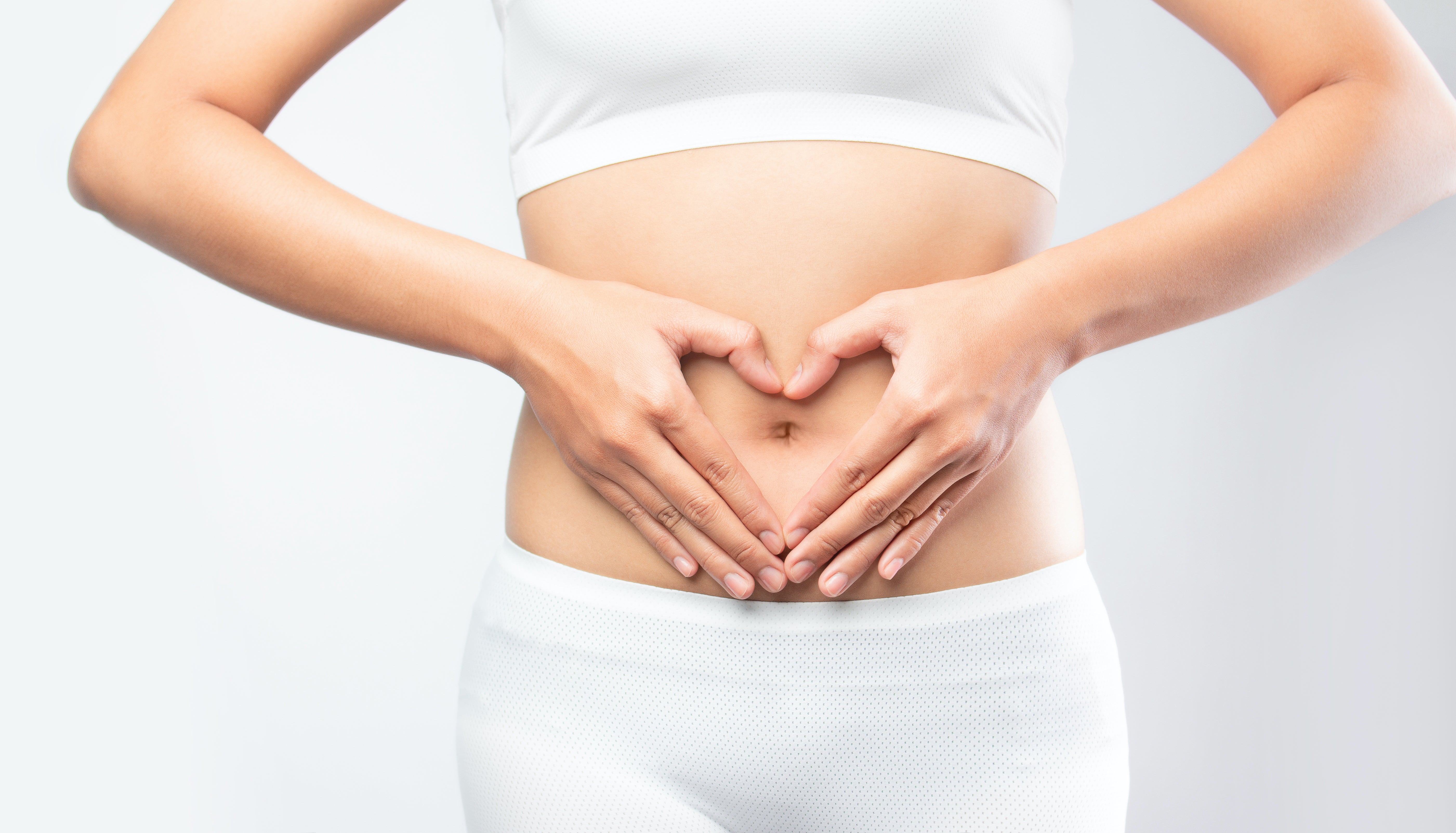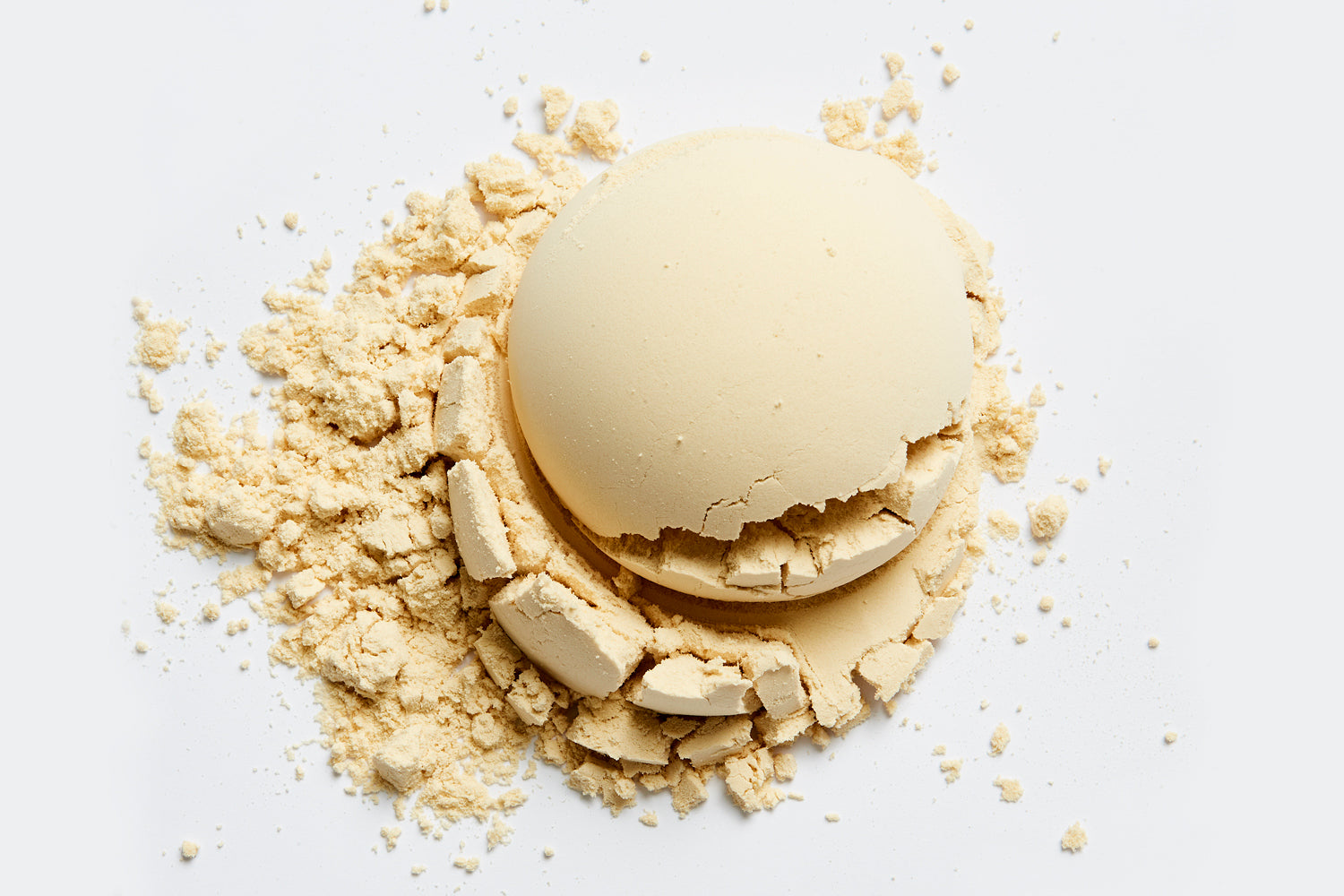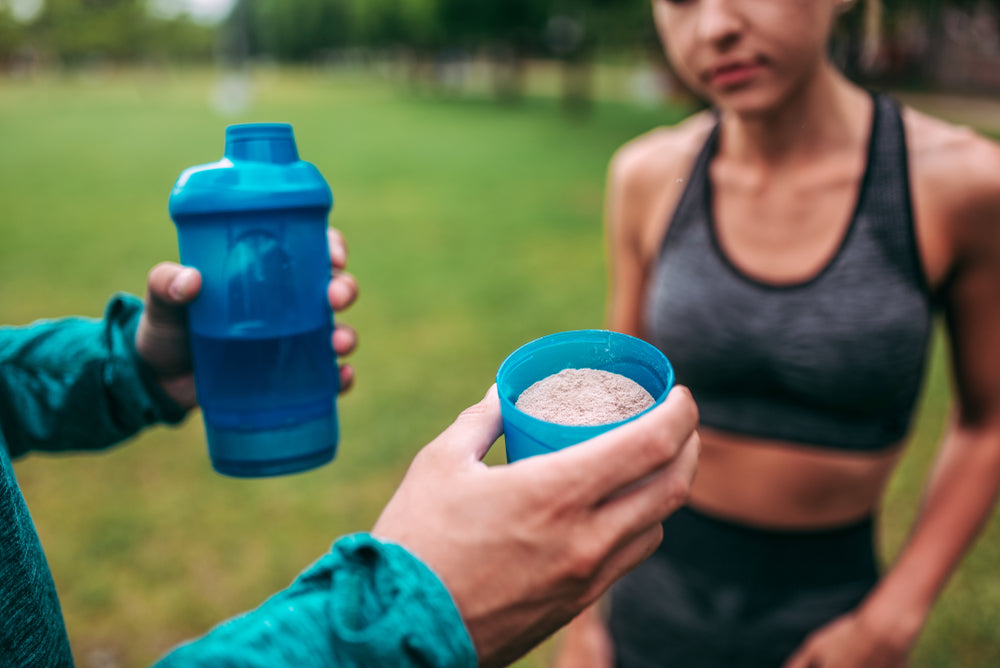Choosing your exercises carefully is not the only key to success in your workout. The strategies you decide to use for recovery are also essential for achieving your goals. In many cases, your weightlifting or cardio sessions leave you wasted and completely exhausted. However, there is much you can do to counter that feeling and get back to your day-to-day activities in a few minutes.
Thus, here are 5 ways that will help you recover properly after a workout:
Cooldown properly
Cooling down and stretching after an exhausting session is the first thing to do before stepping out of the gym. Contrary to the common belief, stretching should be performed after workouts and not before, and it helps to reduce the incidence of muscle soreness. It is not a radical difference, but it is worth trying. This will help speed up lactic acid clearance in your muscles and reduces stiffness in the muscles (1).
Get a gentle massage
Massage therapy is an ideal way to reduce the incidence of delayed-onset muscle soreness. It may also contribute to relief the feeling of fatigue after an exercise session. This is achieved through compression techniques, stimulation of the circulation in the skin and muscles, and modulation of the central nervous system to increase the pain threshold (2).
Try active recovery
Another thing you can try after a workout session is called active recovery. Instead of just sitting or laying down, perform low-impact activities or sports. For instance, if you were running you could try active recovery by walking slow pace. An idea that works quite well is water immersion in a pool and swimming. It is another way to cool down, but it is also helpful to prevent the onset of fatigue after a strenuous workout session (2).
Replace your lost fluids
You should always remember to replace your lost fluids after every workout. Doing it appropriately will contribute to the removal of metabolic waste and toxins. It is also essential to keep yourself hydrated. An interesting way to know how much fluid you need to take is measuring your body weight before and after workouts. Calculate how much weight in water you have lost, and keep in mind that every kilogram of body weight is equivalent to 1 litre of water. So, if you dropped half a kilogram, the bare minimum amount of water you need to drink is 500 mL, but always aim for a higher water intake because you need to count extra urine losses (3).
Take your Nuzest clean lean protein
Strenuous exercise involves breakdown and repair of muscle tissue, and muscle building needs protein. There’s a window of opportunity after every workout, and if you take your Nuzest clean lean protein, you will be refuelling your muscles and preparing them to grow. Your recovery will be significantly sped up by eating lean sources of proteins in foods or supplements. They do not contain sugar or excess carbohydrates and will be your number one choice if you don’t want to experience weight gain based on abdominal fat (4).
References:
- Andersen, J. C. (2005). Stretching before and after exercise: effect on muscle soreness and injury risk. Journal of athletic training, 40(3), 218.
- Dupuy, O., Douzi, W., Theurot, D., Bosquet, L., & Dugué, B. (2018). An evidence-based approach for choosing post-exercise recovery techniques to reduce markers of muscle damage, soreness, fatigue, and inflammation: a systematic review with meta-analysis. Frontiers in physiology, 9, 403.
- Maughan, R., & Shirreffs, S. M. (1997). Recovery from prolonged exercise: restoration of water and electrolyte balance. Journal of Sports Sciences, 15(3), 297-303.
- Sharp, M. H., Lowery, R. P., Shields, K. A., Lane, J. R., Gray, J. L., Partl, J. M., ... & Wilson, J. M. (2018). The Effects of Beef, Chicken, or Whey Protein After Workout on Body Composition and Muscle Performance. The Journal of Strength & Conditioning Research, 32(8), 2233-2242.


